The Best Tools for Monitoring Your Docker Container in 2023
It can be difficult to comprehend and successfully scale your services as modern orchestrated settings grow larger and more sophisticated. Container monitoring allows you to see the health and performance of your dynamic container infrastructure in real-time.
Container monitoring is the practice of collecting and analyzing performance metrics to track the performance of containerized applications built on cloud-based microservices. Monitoring systems aid DevOps teams in identifying and resolving performance issues more quickly.
Docker is a software development and deployment platform that uses small containers as lightweight virtual machines. This in-depth roundup will cover a few of the best open-source and proprietary tools for monitoring the performance and utilization of your Docker containers.

Romaric Philogène
October 21, 2021 · 6 min read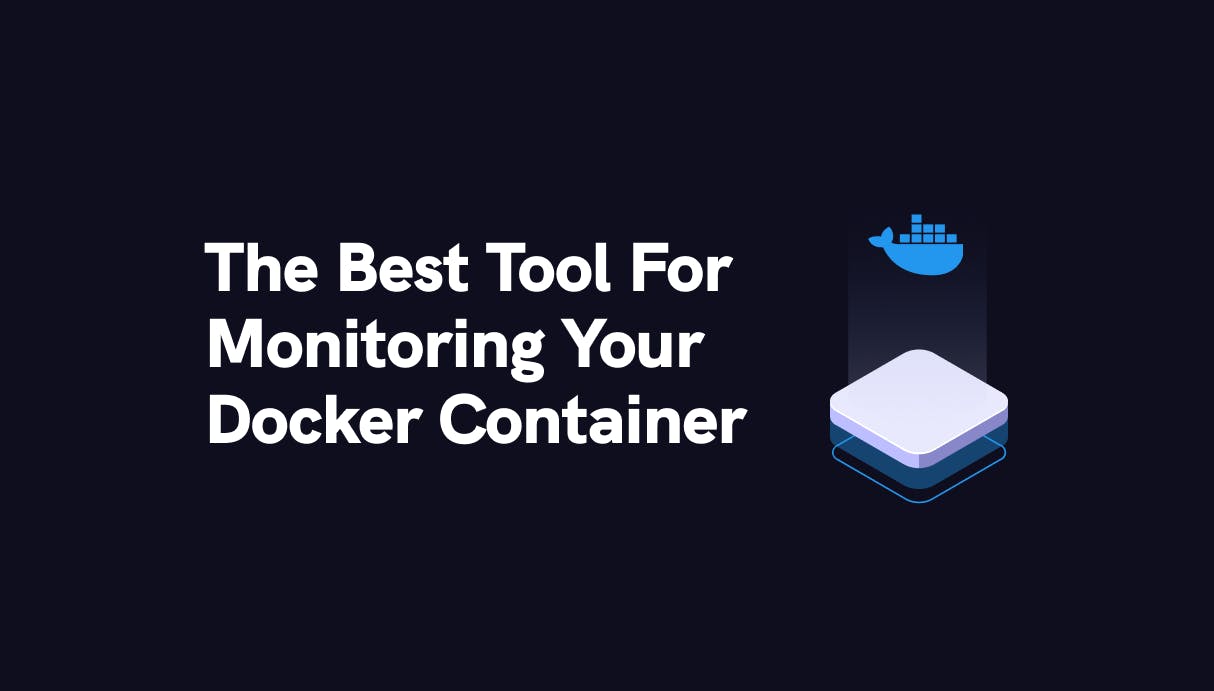
[Last updated on 07/26/2023]
#Why Monitor Your Docker Containers
First, why is it important to monitor your Docker containers? Here are a few key reasons:
- Ideal app performance can be achieved by monitoring your containers in real-time.
- Changes can be made securely because the entire environment is being watched.
- Production risks are avoided by detecting and resolving issues early and proactively.
- Performance of your applications is further improved by fine-tuning them.
#Data Monitoring Solutions for Docker
There are a variety of data monitoring solutions available for your Docker containers. In the following sections, review several open-source and paid tools to learn about some of the finest container monitoring technologies available today.
The following factors were considered in evaluating the best tools for Docker monitoring as discussed in this article:
- Open-source/free availability
- Good customer support
- Great alerting solutions
- Ability to provide a comprehensive data model
- Native support for Docker containers
- Least security concerns
- Easiest approach to monitor Docker containers
#Open-Source Options
Open-source tools are generally much more cost-effective than proprietary solutions and provide a great deal of flexibility and agility. They also provide the opportunity to start small and quickly with community versions of open-source tools. Take a look at a few of the best open-source solutions for monitoring your Docker containers.
Prometheus
SoundCloud developers created Prometheus, an open-source monitoring system, in 2012. We have chosen Prometheus as its monitoring system comes with a comprehensive, multidimensional data model as well as PromQL, a short and powerful query language.
Existing metrics from third-party systems can be exported as Prometheus metrics using a variety of libraries and servers. This is useful in situations where directly instrumenting a system with Prometheus metrics is not possible.
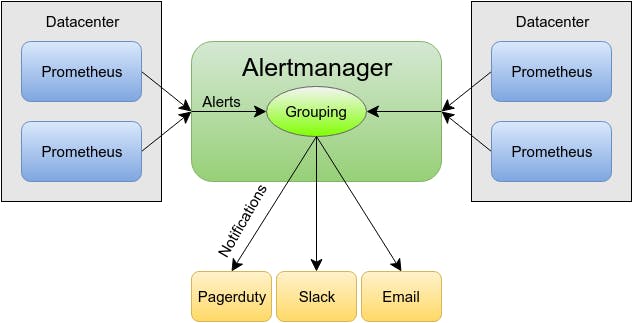
There are two stages to alerting using Prometheus. Alerts are sent to an Alertmanager by Prometheus servers’ alerting rules. The Alertmanager then takes over the management of those alerts, including silencing, inhibition, aggregation, and communication via email, on-call notification systems, and chat platforms.
The Docker Hub Exporter for Prometheus exposes metrics from the Docker Hub API, such as container pulls and stars, to a Prometheus-compliant endpoint. The exporter can retrieve statistics from DockerHub for particular images, organizations, or people.
The Docker Cloud Exporter is a Prometheus-compatible endpoint that exposes the health of stacks, services, nodes, and node clusters via the Docker Cloud API.
cAdvisor
cAdvisor, which stands for Container Advisor, is an open-source tool developed and maintained by Google. cAdvisor is a daemon that collects container monitoring data in real-time. We have chosen cAdvisor as it comes with native support for Docker containers and is ready to use with additional container environments, like Kubernetes. It is also available as a stand-alone installation.
cAdvisor can collect useful data analytics on every operating container, including CPU, memory, file system utilization, real and virtual network interfaces, and more.
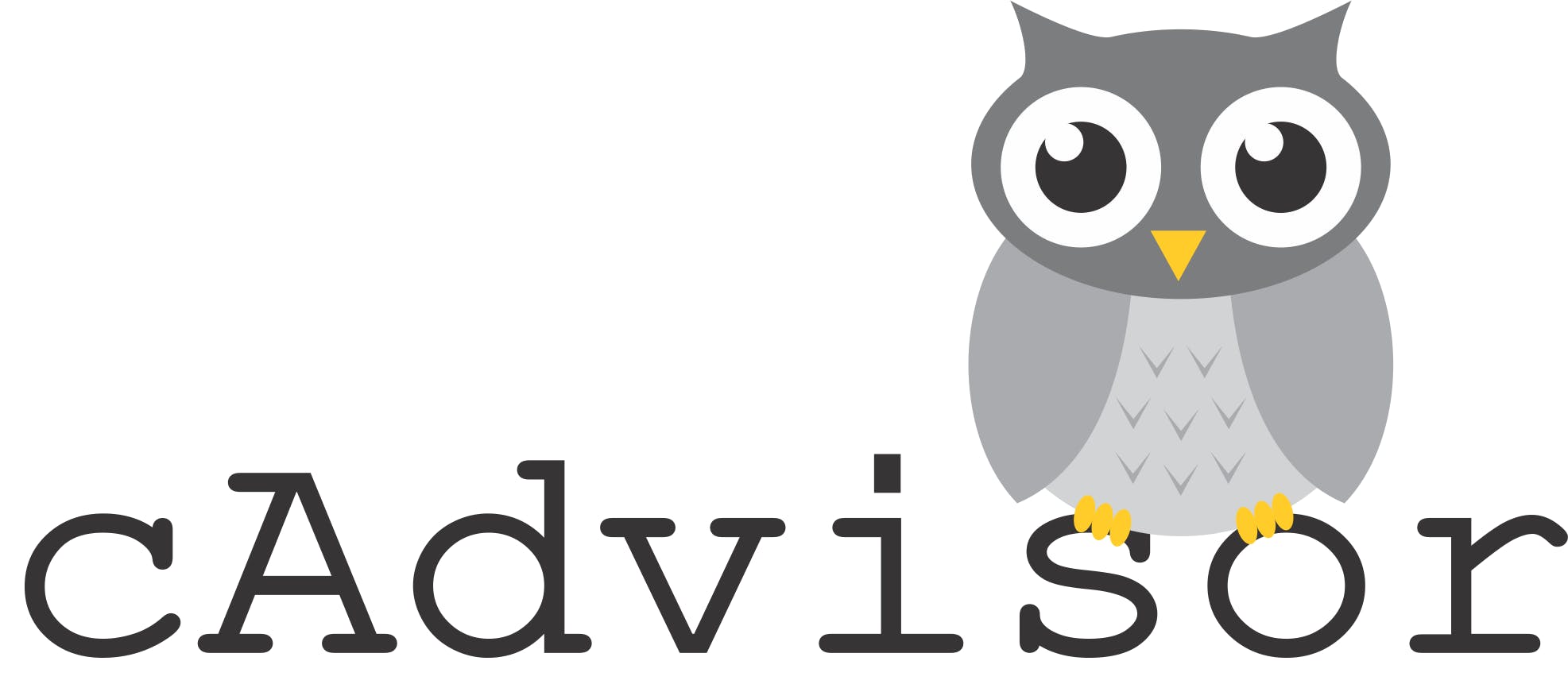
cAdvisor gives container users insight into the resource use and performance of their running containers and is generally used with Prometheus as well as other third-party tools, like Grafana and Graphite.
Grafana
Grafana is an open-source container monitoring tool that comes with out-of-the-box monitoring, logging, and alerting suite for Docker hosts and containers. We selected Grafana as it permits the ability to query Prometheus. Grafana’s Prometheus data source has been added since Grafana 2.5.0.
Grafana allows you to create, study, and share all your data through visually appealing dashboards that, unlike other technologies, you can specifically tailor for your team.
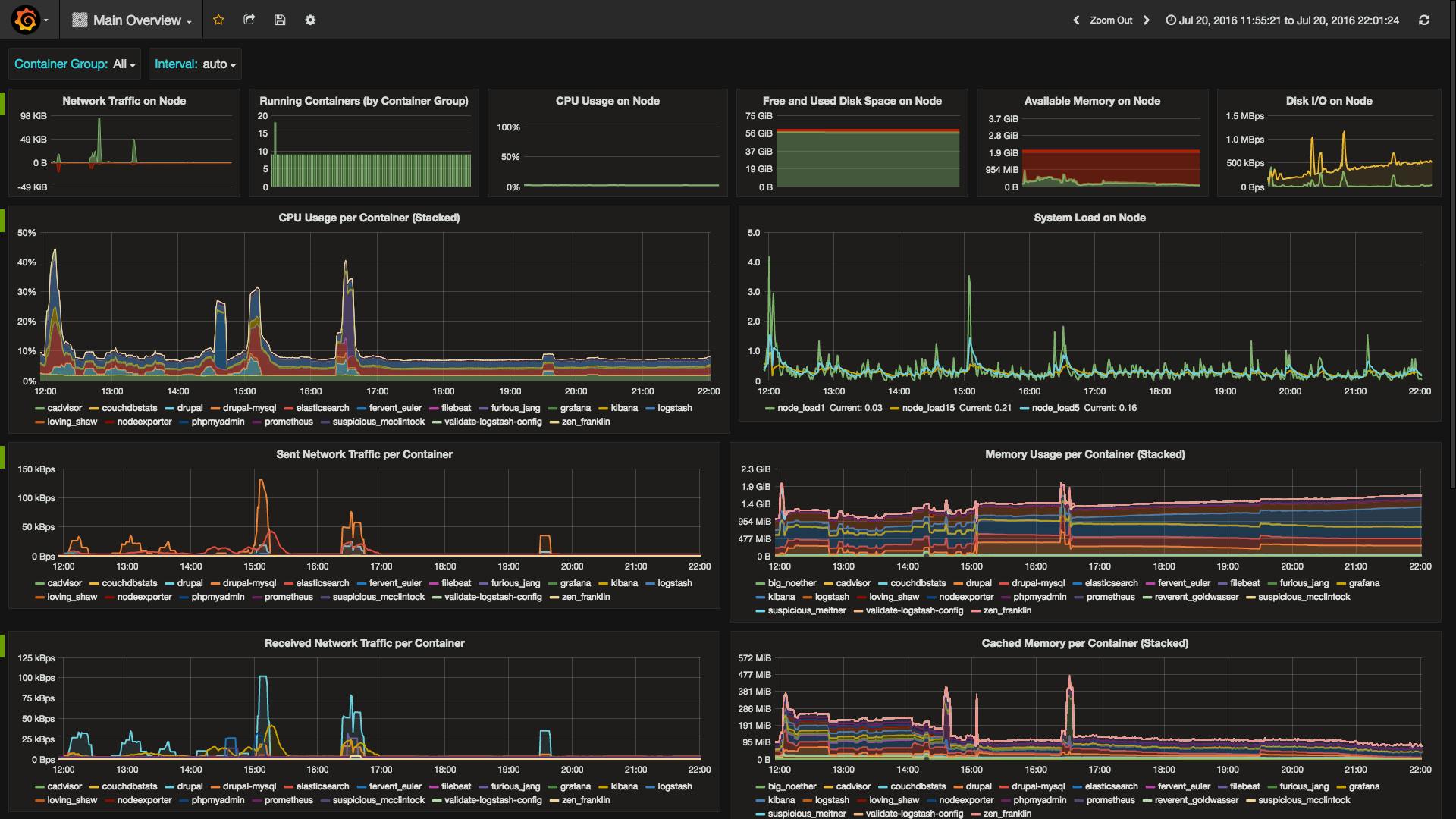
Grafana is flexible and versatile in the sense that it allows any data to be translated and transformed into flexible and dynamic dashboards. This provides not only analytical meaning to data gathered from many sources but also the ability to be shared with other team members, allowing you to examine the data together.
Sysdig
Finally, Sysdig is an open-source container monitoring tool that employs transparent instrumentation to look inside Docker containers from the outside, eliminating the requirement for agents or scripts in each container. We have selected Sysdig because it makes Docker monitoring and security easier by using this information from your orchestration tools.
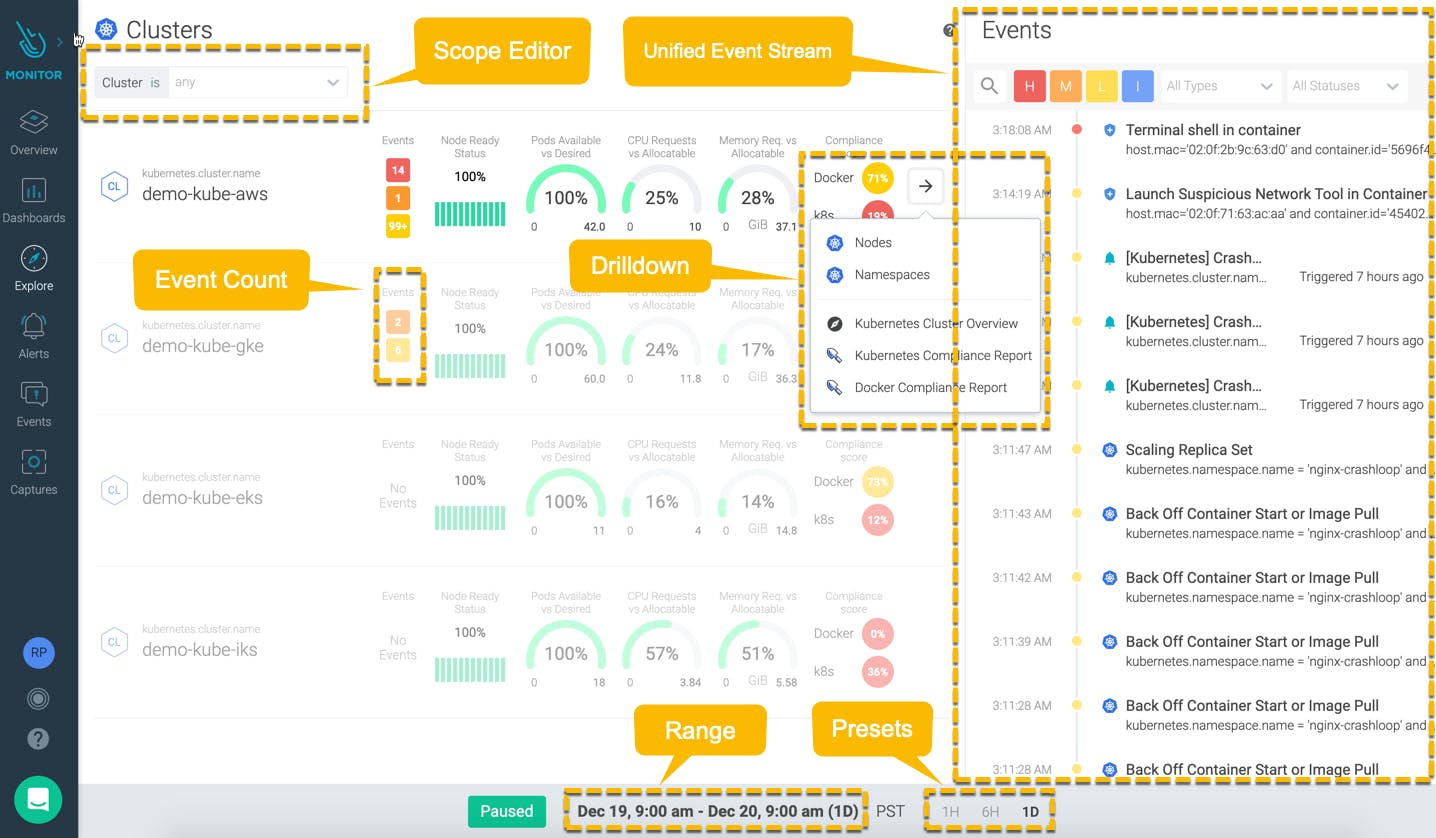
Sysdig delivers more relevant monitoring dashboards by giving real-time data from Docker containers and the apps within them. Security warnings and troubleshooting are also available across all microservices.
Sysdig auto discovers containers and gathers metrics and events from every tier of the stack in real-time. With a single agent per host, Sysdig can provide excellent insight into your containers.
#Proprietary Options
Proprietary software is advantageous compared to open-source tools in terms of reliability and warranty from creators. Often, proprietary tools are easier to use. Here are a few paid solutions to consider for Docker monitoring.
AppOptics
AppOptics is an excellent tool to monitor Docker container applications. To deliver the performance insights you need, you can get an AppOptics Docker integration with efficient data uses, including CPU utilization, right out of the box.
We chose AppOptics because it allows you to quickly and easily set up alerts to be sent out automatically when certain Docker metrics surpass specified thresholds.
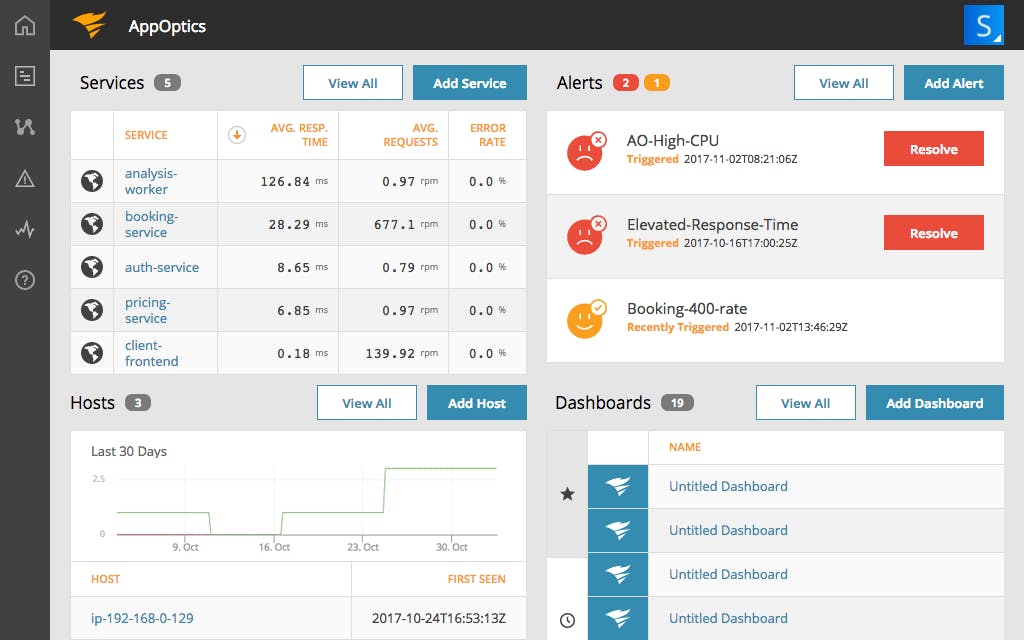
When thresholds are surpassed, the need for warnings should not always lead to a never-ending barrage of notifications. AppOptics allows you to set and receive meaningful alerts while also reducing false positives.
Sematext
Sematext is a proprietary tool from a worldwide company that develops cloud and on-premises technologies for monitoring, alerting, and anomaly detection in applications.
The Sematext Agent, a component of Sematext, captures all host and container metrics and runs as a tiny container. You can use docker-compose or a simple docker run command to launch it.
We selected Sematext because it’s a DaemonSet that operates on Kubernetes, but it can also run as a Docker Swarm service.
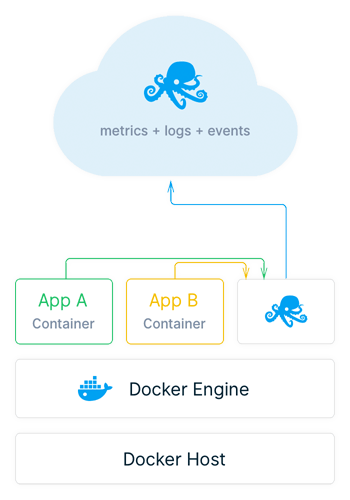
Sematext Agent is a lightweight and native application. On each of your Docker hosts, it operates as a minimal container. It comes with out-of-the-box Docker monitoring dashboards that include a CPU, memory, network problems, disc IO, and much more.
Sematext tracks host and container metrics as well as events. It supports Docker monitoring and alerting with prebuilt Docker monitoring dashboards and container alert rules.
Datadog
Datadog allows you to monitor your containers in the context of your whole infrastructure and smoothly expands with your deployments, ensuring that you don’t miss anything.
We like Datadog as running the Datadog Agent on the host, where it can access container information, is the easiest approach to monitor Docker containers. This process is seamless if you’re installing Docker alongside existing applications, like databases on full-fledged host OSs.
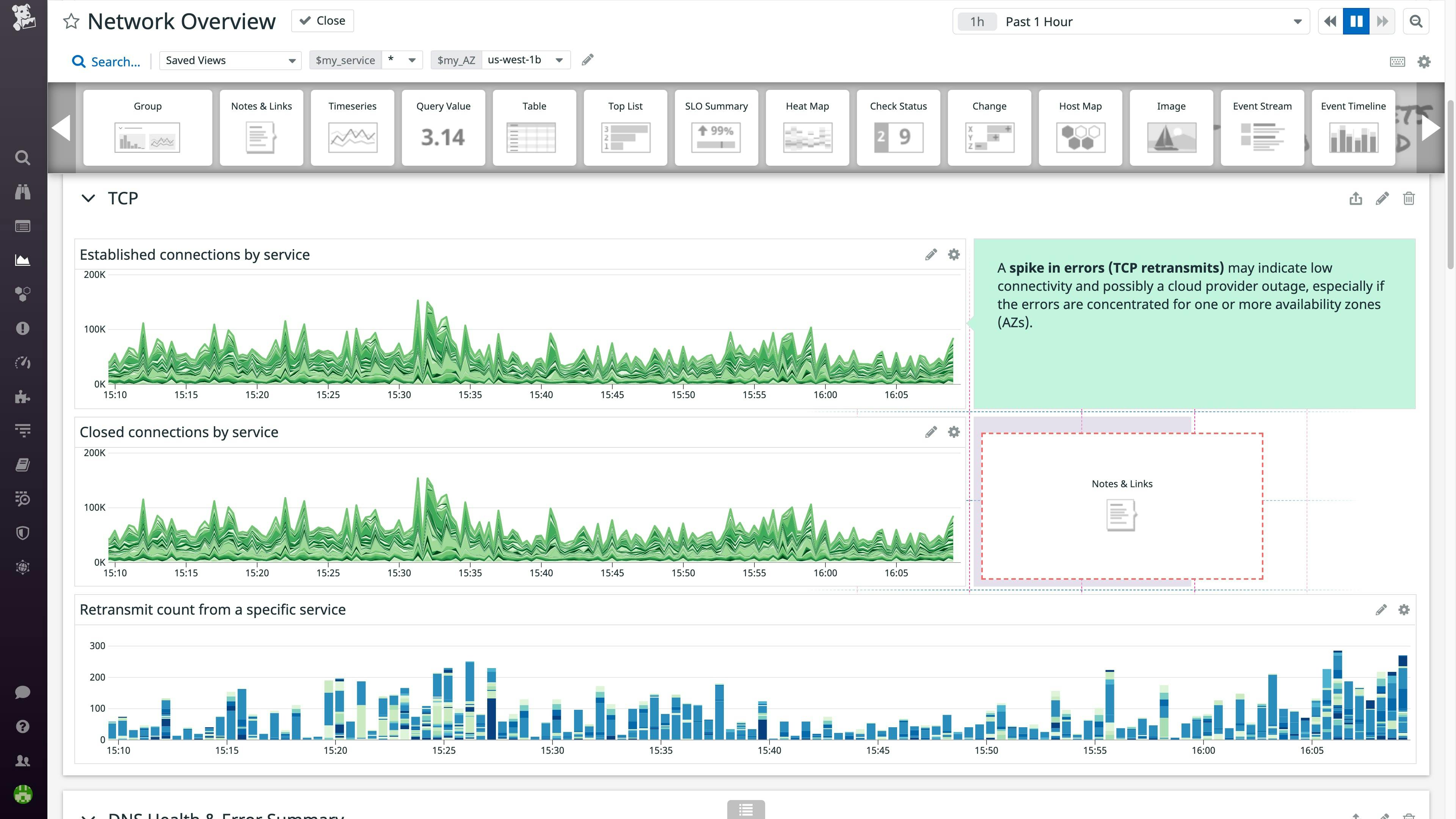
As Docker runs containers using existing kernel structures, such as cgroups and namespaces, the Datadog Agent, a component of Datadog, leverages native cgroup accounting metrics to collect memory, network, CPU, and other metrics of the containers. These metrics are collected every fifteen seconds before forwarding them to Datadog.
SolarWinds
SolarWinds is a server and application monitoring tool that allows users to automatically see, measure, and correlate important performance data for individual Docker containers, such as CPU, memory, and uptime.
We chose SolarWinds as it provides complete virtualization performance management, as well as powerful capacity planning tools, VM sprawl control, predictive suggestions, and management across on-premises, hybrid, and cloud environments.
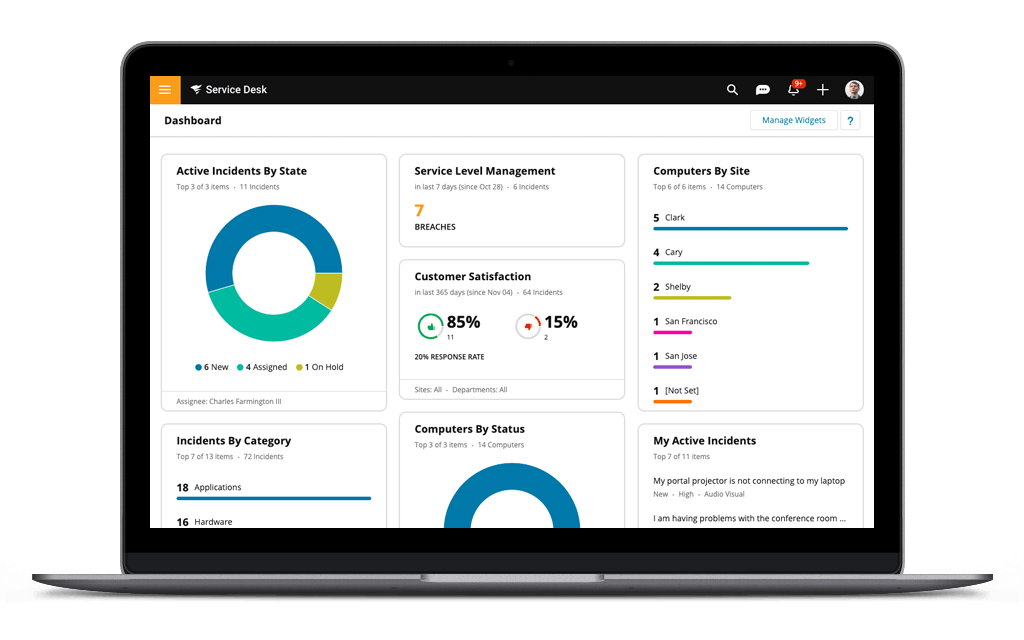
SolarWinds’s ability to identify faults straight from the container layer is one of its differentiating characteristics, giving it an advantage over other traditional server monitors.
#Conclusion
Dockerized apps running within containers, with resources dynamically allocated, are at the heart of monitoring challenges with Docker containers.
As container images get more intricate as patches and updates become more common, it’s critical to use Docker monitoring solutions that are both reliable and fast to deploy across thousands of nodes.
Qovery is a platform for simplifying application deployment (including Docker applications) on AWS. To learn more about the most straightforward method to deploy full-stack apps, click here.
Your Favorite DevOps Automation Platform
Qovery is a DevOps Automation Platform Helping 200+ Organizations To Ship Faster and Eliminate DevOps Hiring Needs
Try it out now!

Your Favorite DevOps Automation Platform
Qovery is a DevOps Automation Platform Helping 200+ Organizations To Ship Faster and Eliminate DevOps Hiring Needs
Try it out now!